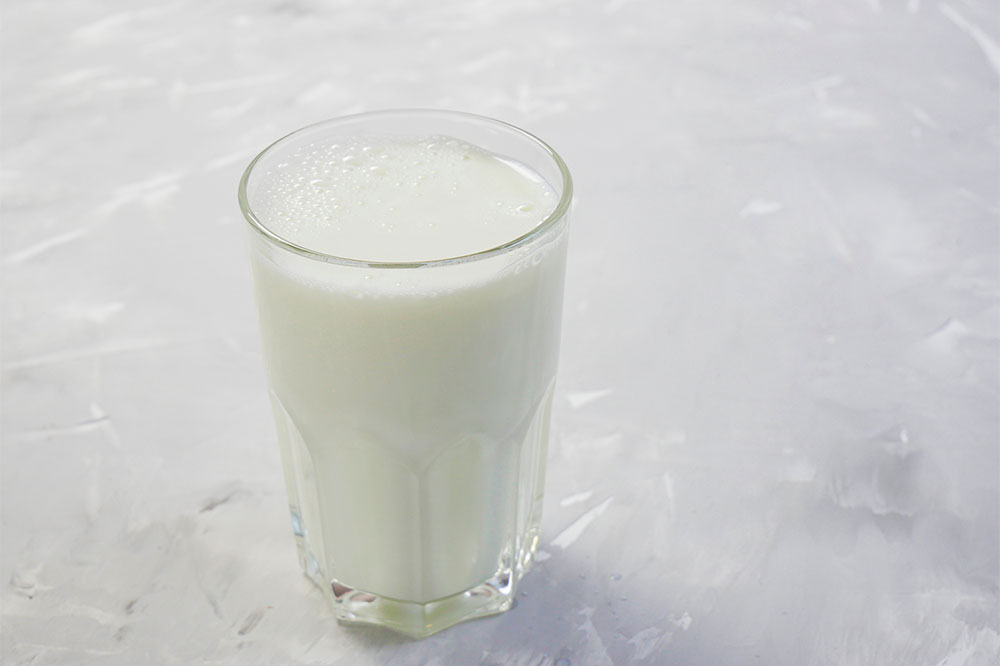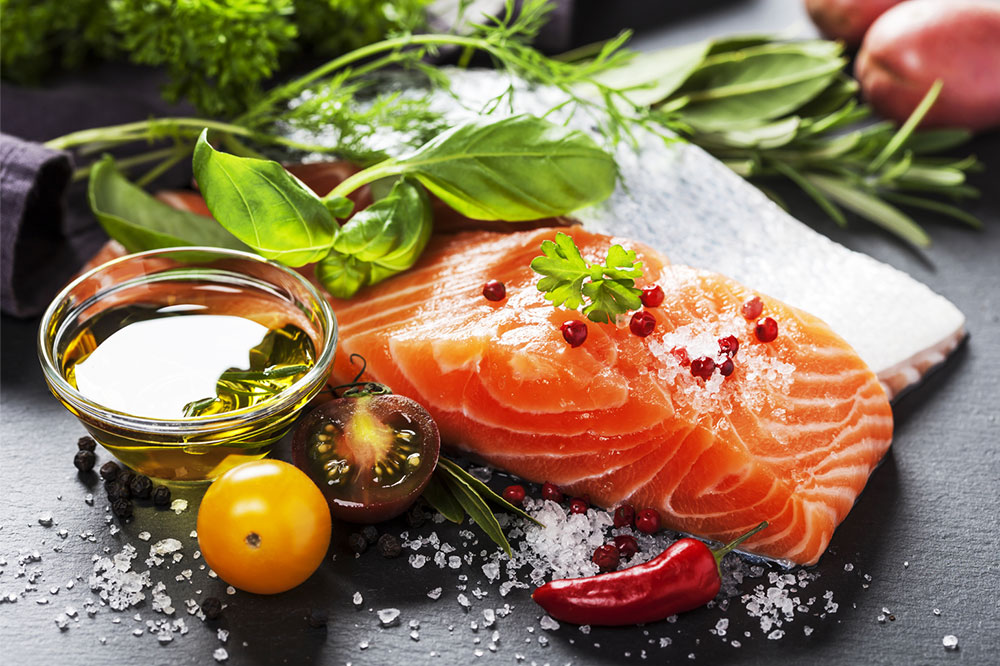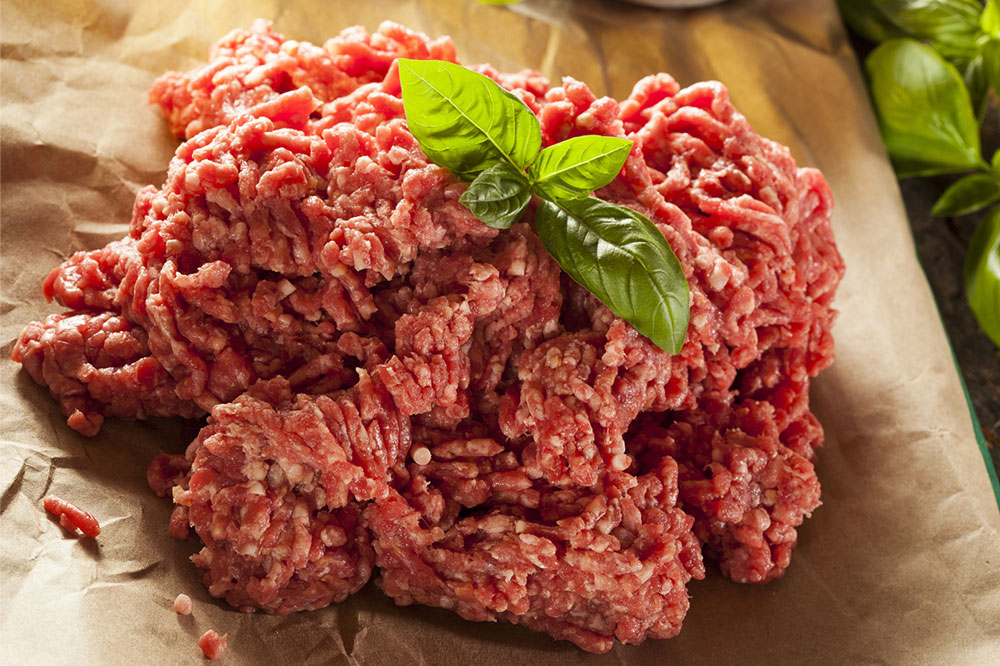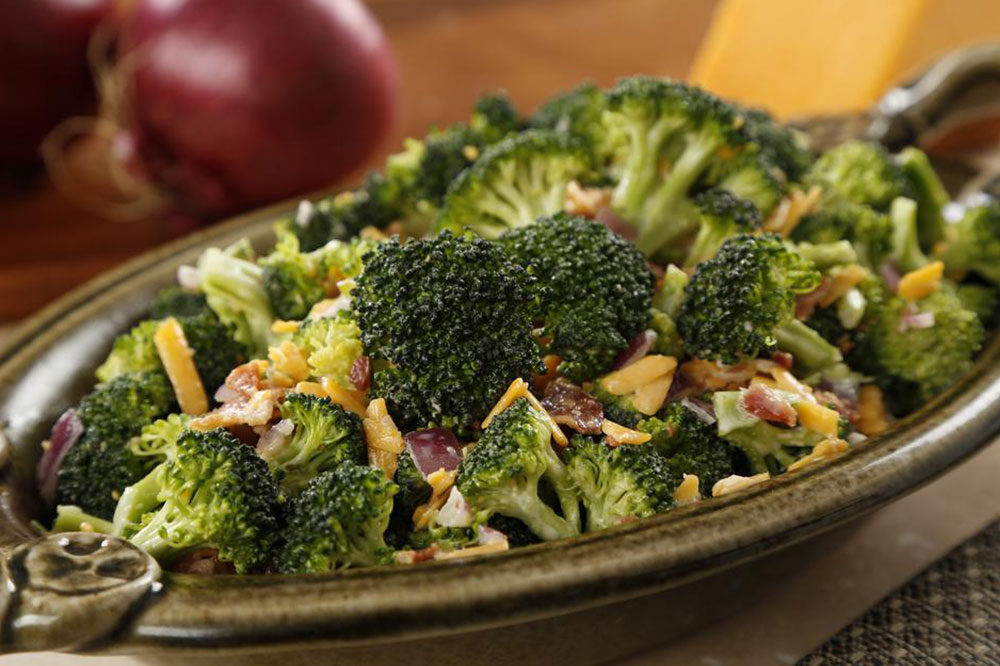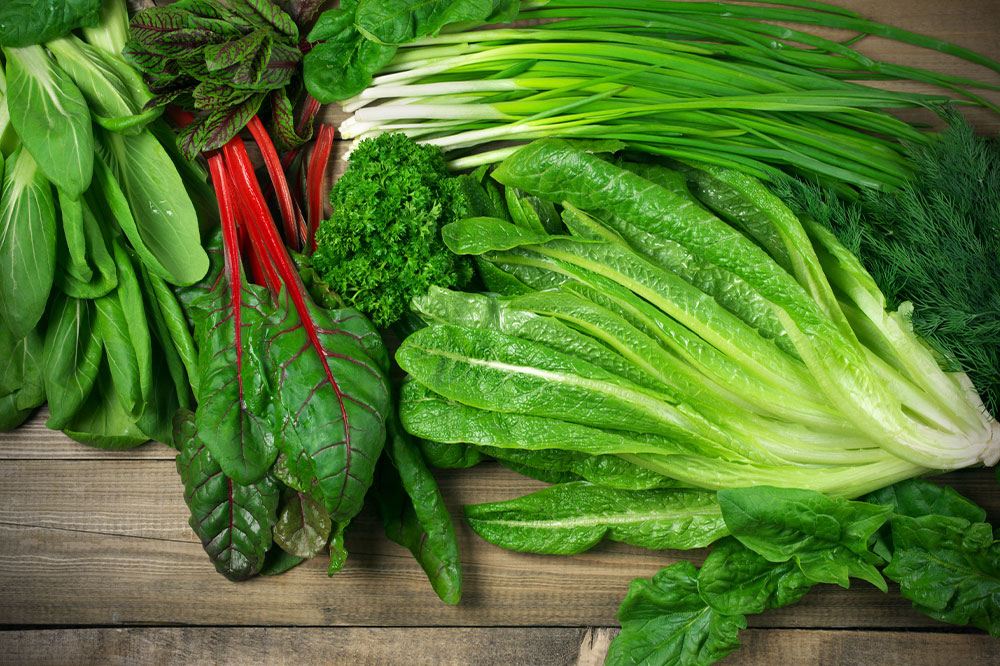Nutritional Strategies for Managing Ovarian Cancer: Foods to Incorporate and Avoid
This article discusses dietary strategies for ovarian cancer support, highlighting foods to consume like garlic, grapes, and onions, and those to avoid such as processed foods, high-fat dairy, and red meats. It also covers medication options like Rubraca® and emphasizes consulting healthcare providers for personalized guidance on managing ovarian cancer effectively through nutrition and treatment.
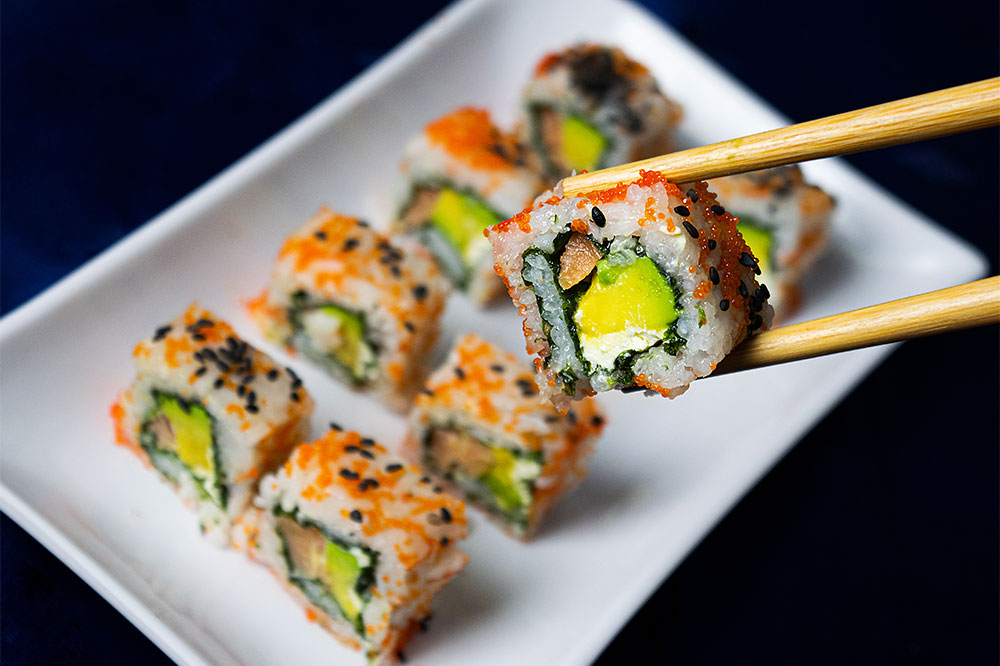
Strategies for Ovarian Cancer Support: Dietary Tips and Precautions
Ovarian cancer can impact women across various age groups, particularly those between 50 and 60 years old. While medical treatments are essential, modifying your diet can play a crucial role in managing the condition. Healthcare professionals recommend paying close attention to nutrition to help reduce the risk and support treatment. This article highlights key foods beneficial for ovarian cancer management and those to avoid for optimal health.
Foods to Include
Garlic
Known for its culinary and medicinal qualities, garlic contains compounds like vitamin B6, vitamin C, and selenium, which contribute to its anti-cancer effects. A specific organosulfur compound, S-allyl cysteine (SAC), can trigger apoptosis (programmed cell death) in ovarian cancer cells.
Grapes
Rich in resveratrol, grapes contain antioxidants that hinder the development of ovarian cancer cells, especially in the lymphatic system. Black and purple grapes have higher resveratrol levels, offering enhanced cancer-fighting benefits.
Onions
Onions provide quercetin, an antioxidant that reduces inflammation and can promote the death of ovarian cancer cells when consumed in sufficient amounts.
Foods to Limit or Avoid
Processed Foods
Foods that are heavily processed often contain preservatives, flavor enhancers, and additives that extend shelf life. These substances may increase ovarian cancer risk and should be minimized.
Dairy Products
While dairy provides calcium, high intake of full-fat dairy products like milk, cream, butter, and yogurt might complicate ovarian cancer management, as elevated calcium levels can interfere with treatment.
Red Meats
Red meat consumption can produce heterocyclic amines during cooking, which might worsen cancer symptoms. Healthier alternatives include lean poultry such as skinless turkey or chicken, and omega-3 rich fish like tuna, salmon, and sardines.
Medications for Ovarian Cancer
One treatment option is Rubraca®, used for maintenance in recurrent ovarian cancer or in cases responding to platinum-based chemotherapy. Patients should discuss potential side effects with their healthcare provider prior to use.

